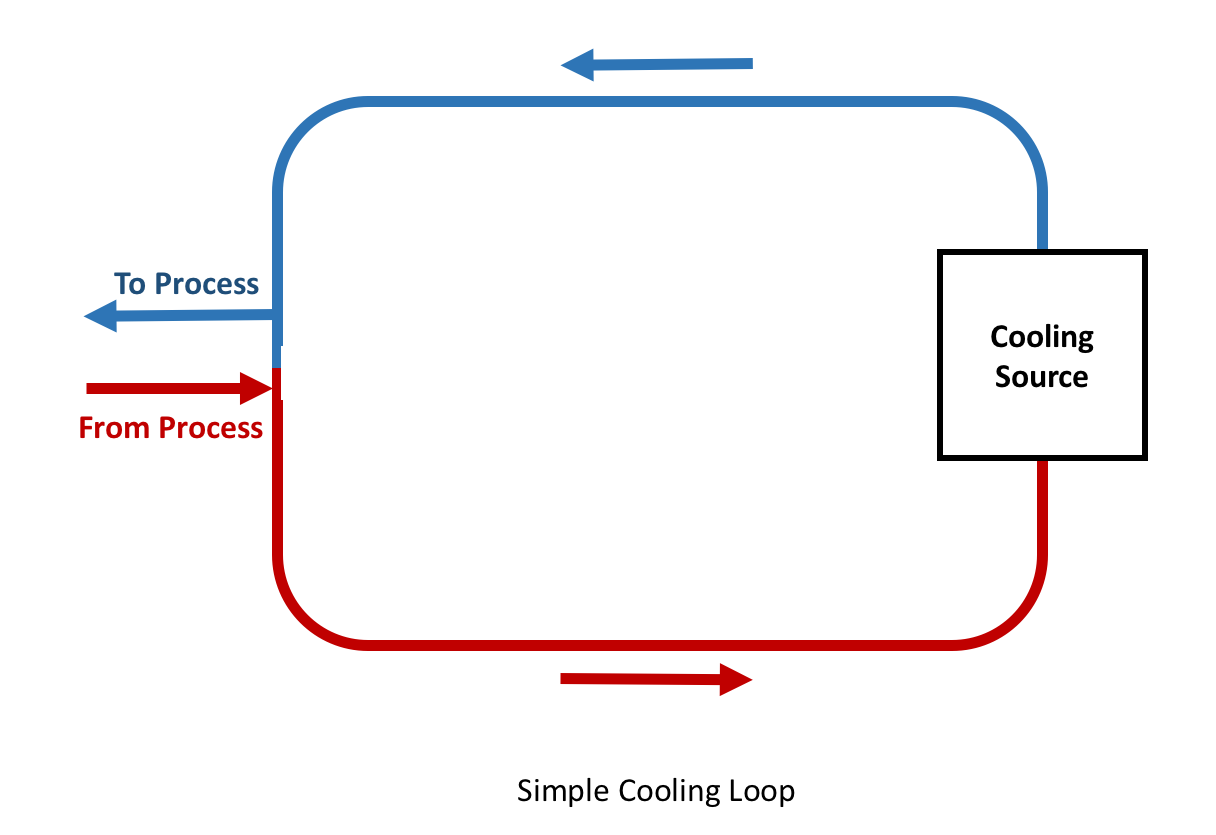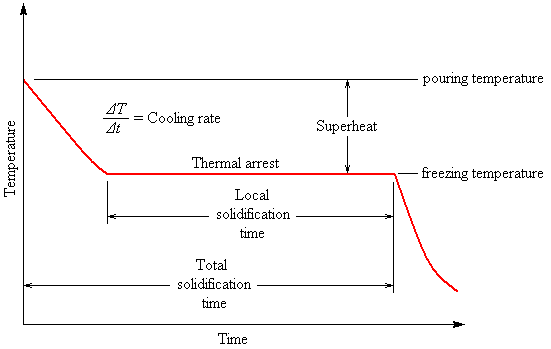Exploring the Process: How Long Does it Take for a Freezer to Get Cold?
The freezer is an indispensable appliance in every household, playing a crucial role in preserving food and extending its shelf life. Have you ever wondered about the timeline it takes for a freezer to reach its optimal cooling temperature? In this article, we delve into the factors that influence the time it takes for a freezer to get cold and provide insights into maximizing its efficiency.
I. Understanding the Cooling Process:

Cooling Process
Before delving into the timeframe it takes for a freezer to get cold, it's important to understand the basic principles behind its cooling process.
Freezers utilize a refrigeration cycle that involves a compressor, condenser, evaporator, and refrigerant.
As the refrigerant circulates, it absorbs heat from the freezer's interior, causing the temperature to drop over time.
II. Initial Cooling Phase:
Upon plugging in a freezer, it enters an initial cooling phase. During this period, the temperature inside the freezer gradually decreases, but it might not reach its optimum cooling temperature immediately.
This phase typically lasts for several hours and can vary depending on the freezer's size, brand, and insulation capabilities.
III. Factors Influencing Cooling Time:

Cooling Time
1. Size and Capacity:
Larger freezers require more time to cool down due to the volume of air and items that need to be cooled. Conversely, smaller freezers can reach their target temperature faster.
2. Ambient Temperature:
The surrounding room temperature can impact how long it takes for a freezer to cool down. If the room is hot, the freezer might need more time to overcome the temperature difference.
3. Insulation Quality:
The quality of insulation in the freezer's walls and door significantly affects its cooling efficiency. Well-insulated freezers retain cold air better, resulting in quicker cooling times.
4. Frequency of Door Opening:
Opening the freezer door frequently can introduce warm air, causing the cooling system to work harder and extend the time needed to reach the desired temperature.
IV. Average Cooling Time Ranges:
On average, a freezer can take anywhere from 4 to 24 hours to get cold enough for storing frozen goods safely.
Smaller upright freezers might reach their target temperature in as little as 4-6 hours, while larger chest freezers could take up to 12-24 hours.
These estimates can vary and are influenced by the factors mentioned earlier.
V. Tips to Expedite Freezer Cooling:

Freezer Cooling
1. Pre-Cooling:
If possible, pre-cool items you plan to store in the freezer before placing them inside. This reduces the initial heat load and helps the freezer reach its desired temperature faster.
2. Avoid Overloading:
While it's tempting to load up the freezer with items, avoid overloading it initially. This allows for better air circulation and more efficient cooling.
3. Maintain Adequate Space:
Ensure there's enough space around the freezer for proper air circulation, especially during the initial cooling phase.
4. Temperature Settings:
Set the freezer to its coldest setting initially and adjust it once the desired temperature is achieved.
VI. Monitoring Freezer Temperature:
Investing in a freezer thermometer is a practical way to monitor the internal temperature accurately.
This helps ensure that the freezer maintains the desired coldness consistently and prevents fluctuations that could impact the quality of stored items.
VII. Frequently Asked Questions:
Address common questions such as whether placing hot items in the freezer affects its cooling time, the impact of freezer location, and whether the cooling time changes after defrosting.
The cooling time of a freezer is influenced by various factors, including its size, insulation quality, and surrounding environment. While there's no definitive answer to the question of how long it takes for a freezer to get cold, understanding these factors can provide valuable insights for users aiming to maximize their freezer's efficiency. By following the tips mentioned and remaining patient during the initial cooling phase, users can ensure that their freezer reaches its optimal cooling temperature and preserves their frozen goods effectively.